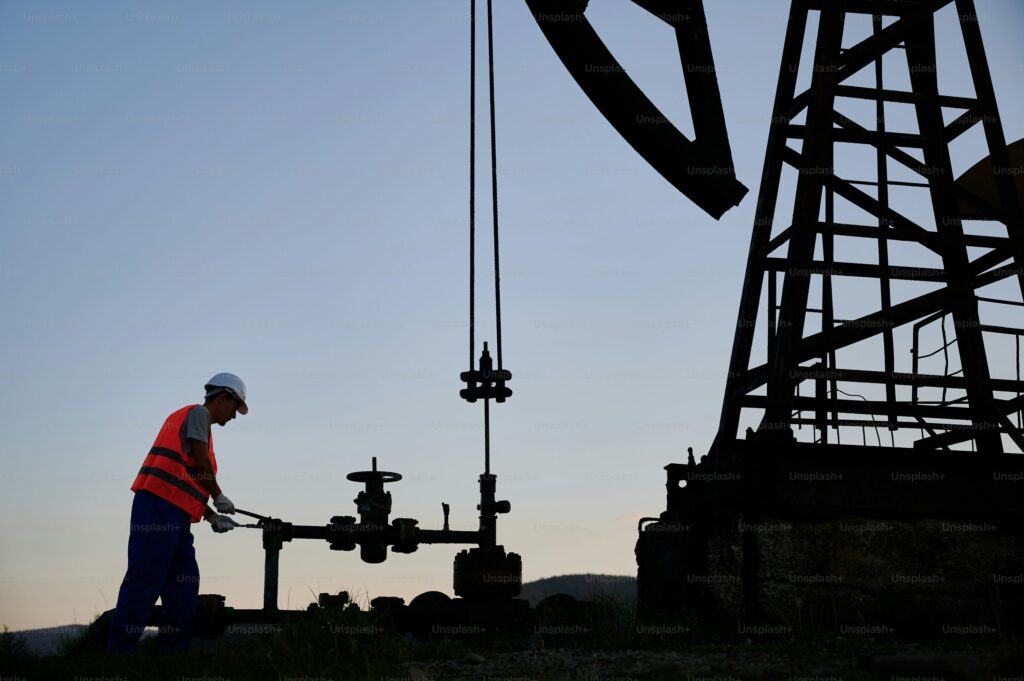Like many Canadian energy executives, Chris Slubicki of Modern Resources is an engineer by training. When he kept hearing that we need to transition off fossil fuels, he started to look into the data and found a simple way to explain why it isn't going to happen any time soon. Unlike many Canadian energy executives, he then said it out loud, explaining that while rich folks lecture about the evils of fossil fuels, most of the world only gets to use a fraction of the energy we do, and theirs tends to be dirty and unreliable, including dung. So they would love to use more oil, gas and coal. And, he explains, the growth of wind and solar is still massively dwarfed by growth of conventional hydrocarbon energy because of the huge wealth gap between us and them, and how many of them there are compared to us.
Slubicki is no “denier”. He believes man is affecting the climate and takes the environment seriously. But he also takes a lot of other things seriously including some basic facts.
According to Slubicki, of the world's 7.5 billion people, Canada belongs to the elite 1.5 billion who use, on average, the energy equivalent of 34 barrels of oil each every year. The next tier of 2.5 billion use less than half that: the equivalent of 14 barrels per person per year, and the next 2.5 billion use a third of that smaller number and less than one-eighth of what we do: just 4 barrels per person per year. As for the poorest billion human beings, they use a mere single barrel of oil equivalent per person per year, and the dirtiest and lowest-quality kind.
Bad as it sounds, and inappropriate as it would be to lecture them while burning 34 times the energy they do, the disparity is actually even worse for Canadians. The top 1.5 billion may use 34 barrels equivalent a year. But Canada is in the elite of the elite, the “one percent” as it were. We use about 64 barrels of oil equivalent per person per year while 6 billion of the world's 7.5 billion people subsist on between 1 and 14 barrels and listen to our sanctimonious lectures on restraint.
Why do Canadians use so much? It's partly because we are a cold country with long distances to travel, but mostly it is a function of having a high standard of living. We use so much because we can. Energy is good.
So let’s have a show of hands. Who wants to go to those countries and tell all the people there, like the mothers cooking a scanty meal over a dung fire while her children blink and cough, that they don't get to develop and have access to the level of energy consumption we have and are going to keep.
Anyone? You back there with the pigtails? No? Oh you'd rather swan around the rich countries blaming abstract political and sociological forces for the failure to stop global fossil energy consumption, instead of going to the poor countries and seeing for yourself what's driving the growth in demand for energy that works.
Like it or not, global fossil fuel needs are going to keep growing. And as Slubicki notes, the world will get their oil and gas from somewhere. Either they buy it from thugs and dictators or from democracies that operate according to high environmental and human rights standards. That's the real issue when we're fighting over whether to build pipelines and LNG terminals.
Grab a coffee and a pen: it's 20 minutes well spent.



Let's see: at 64 barrels per person, that's 256 barrels for a family of 4; times $60 per barrel (world price of crude), that's $15,360. But that's the price for unrefined crude; it would likely be double that or more for the products we actually buy - gasoline, natural gas, propane, jet fuel....
Are you saying the average Canadian family of 4 spends over $30,000 on oil products per year? That seems a bit high to me.
Just to say, I think he said barrels of oil equivalent, so it’s all energy we are talking about. Also, I don’t think $60 is the world priced of crude oil, rather the spot price for a particular type. I’ve no idea what the actual average price payed last year was, but I bet someone has tried to figure it out. Perhaps the lesson is that even apparently simple little calculations can be a bit tricky never mind trying to model the entire earth’s climate system!
It's hard to find exact numbers, but here is some number crushing:
Energy use per capita in Canada (2015) is 7,603.74 kg of oil equivalent. This is 54 barrels of oil equivalent (BOE).
This is the total of energy (oil, gas, hydro, wind, solar etc) used for residential, commercial, industrial, transportation and agriculture,
divided by the population. 51% is industrial, 23% transportation, 14% residential.
Real use per person is ~15 - 17 BOE which is quite a difference from 54 BOE. It all depends on which numbers and from which site you use.